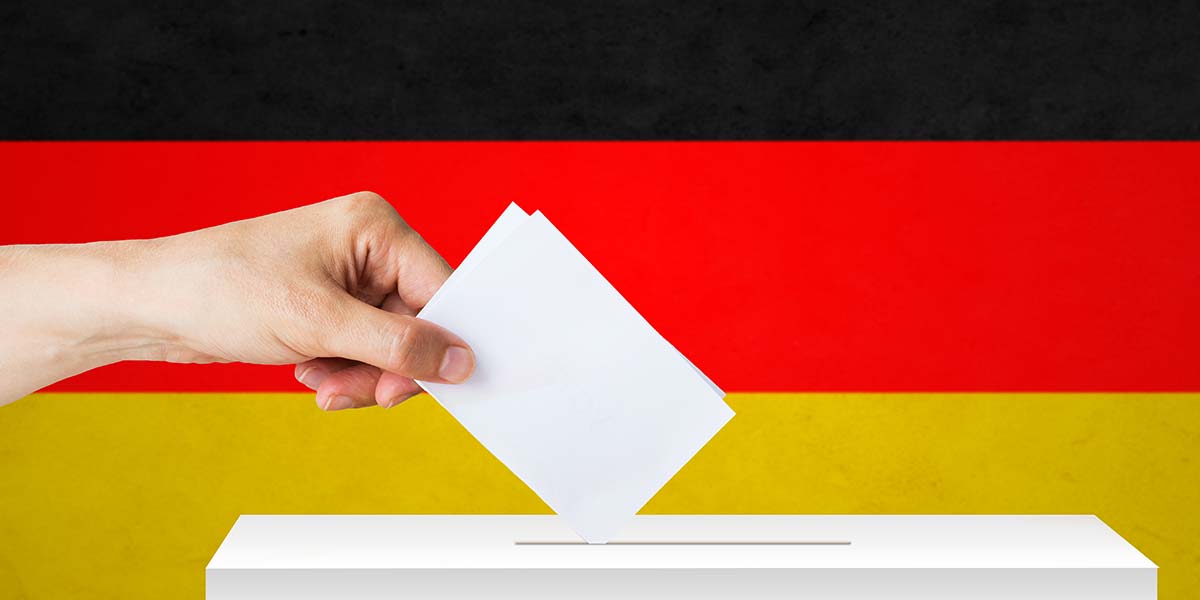The Christian Democratic Union and the Christian Social Union alliance (CDU-CSU) emerged victorious in Germany’s federal elections, securing the largest vote share according to exit polls from ZDF. This result positions Friedrich Merz as the frontrunner to succeed Olaf Scholz as chancellor of Europe’s leading economy.
According to ZDF, CDU-CSU captured 28.5% of the vote, pushing the far-right Alternative for Germany (AfD) to second place with 20%, while Scholz’s Social Democratic Party (SPD) lagged behind at 16.5%.
The coalition thrived due to effective collaboration and meticulous preparation, Merz expressed, extending gratitude to CSU leader Markus Söder and supporters.
Merz acknowledged the forthcoming challenges, emphasizing the need for swift coalition negotiations to form a new government. Meanwhile, Scholz described the SPD’s performance as a “bitter election outcome,” accepting responsibility for the downturn compared to prior elections where the SPD led.
Despite being ahead in pre-election polls alongside its regional partner, the CSU, the CDU-CSU saw slight dips in support before the vote. The far-right AfD remained a formidable contender, reflecting a notable shift in Germany’s political dynamics compared to 2021, when SPD topped the polls. During that period AfD came in fourth place.
The German electorate casts dual votes: one for a direct parliamentary representative and another for a party list that influences the composition of the Bundestag, the German parliament. Only parties achieving at least 5% of the vote gain parliamentary seats, and those securing this threshold often become pivotal in coalition formations.
The performance of smaller parties holds significant importance for future coalition dynamics and potential constitutional reforms such as fiscal policies. Reforming such policies would demand a two-thirds parliamentary majority.
Observers were particularly attentive to the surge in support for the AfD amid a broader right-wing shift in Western geopolitics. The elections unfolded during a turbulent phase for Germany, both politically and economically.
This early federal election, only the fourth since Germany’s founding, follows the dramatic collapse of the preceding coalition of SPD, the Greens, and the Free Democratic Party. Long-standing disputes over economic, budgetary, and fiscal policies caused this unprecedented disbandment.
The incoming coalition’s agenda will undoubtedly prioritize these issues, particularly amid a sluggish German economy embroiled in export dependency, real estate challenges, and automotive industry woes.
These policies will also serve as a backdrop for domestic migration debates, the growing influence of the far right, and intensified transatlantic tensions as President Donald Trump proceeds with his controversial trade and Ukraine policies during his second term.

